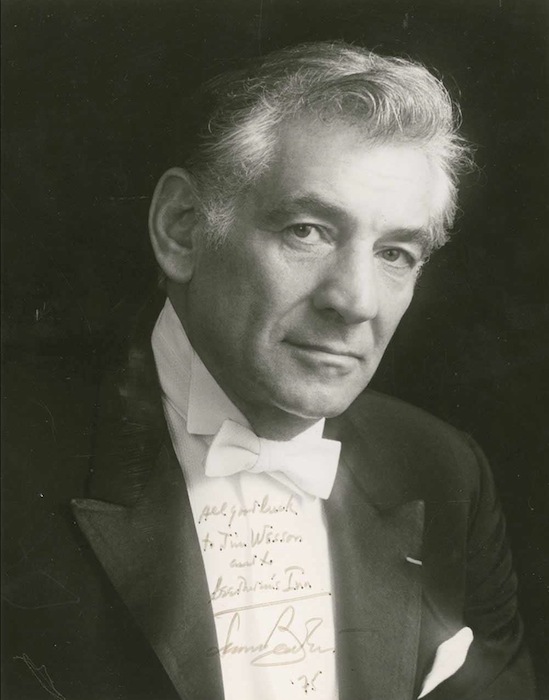Rockefeller Chapel Choir casts a wide musical net in Kristallnacht homage

Musical tributes to the victims of the Holocaust are plentiful, but likeminded tributes to the musical culture that the Holocaust nearly destroyed are more rare.
Such a tribute took place Sunday afternoon in Rockefeller Memorial Chapel. Co-organized by James Kallembach and Cantor David Berger as part of the University of Chicago’s Quire & Place series, the concert was titled “Voices of Kristallnacht,” marking the atrocities of November 9-10, 1938.
The first half of the program was dedicated to Jewish sacred music from the 17th century to the present, with an emphasis on music of the late 19th and early 20th centuries—the sort of music that European Jews of the 1930’s might have known and sung. The featured composers included Samuel Naumbourg, Salomone Rossi, Louis Lewandowski, Heinrich Schalit, and other names, most more familiar inside the synagogue, perhaps, then in the concert hall.
The great virtue of this first half was the free-ranging diversity of the programming. Older music was placed alongside more contemporary works, and choral items for the Rockefeller Chapel Choir were juxtaposed with more soloistic contributions. Pieces that were stylistically similar to Protestant church music (such as Lewandowski’s works) contrasted nicely with works displaying a more distinctly Jewish modal flavor (such as Max Janowski’s Ahavot Olam).
There was even an instrumental solo for organist Thomas Weisflog, Herman Berlinski’s The Burning Bush. This gnarly, dissonant piece could have sounded like a second-rate horror-film soundtrack in lesser hands. But after a rather knotty opening, Weisflog succeeded in building it to a resounding climax.
Highlights of this portion of the program included Salomone Rossi’s six-voice motet Odecha Ki Anitani. This Palestrina-like piece was sung with admirable clarity and purity by Carling FitzSimmons, Kaitlin Foley, Lon Ellenberger, Matthew Dean, Keith Murphy, and Carl Frank, in an idiomatic Renaissance style. FitzSimmons and Foley teamed up again later in the first half for an aptly sweet-toned rendition of Mendelssohn’s setting of Psalm 95.
David Berger sang various solos throughout. His ripe, ardent tenor timbre was particularly well showcased in Israel Alter’s V’al Y’dei Avadecha, in which he was accompanied by pianist Joyce Rosenzweig and violinist Rhea Basa.
The Rockefeller Chapel Choir is not a professional one, of course. But there were moments in this concert when it was possible to forget that. The final piece of the first half—Heinrich Schalit’s setting of Psalm 98—provided such moments, with every chord properly balanced.
The second half of the program departed from the general theme of the first half. It was instead devoted to two sacred works by Leonard Bernstein.
First, the choir sang Bernstein’s rarely heard setting of Hashkiveinu. Apart from the final chord, the choir’s performance was a fine one, and the rhythms bounced as Bernstein should, even in his non-Broadway works. Tenor Matthew Dean delivered a stirring performance of the solo part.
The concert closed with Bernstein’s Chichester Psalms, in the arrangement for organ, chorus and percussion, with Berger, Weisflog, and the choir joined by percussionist Brandon Podjasek. This was an ambitious programming choice, and perhaps an overambitious one as shown in the mixed performance. Even in the lighter, non-orchestral version, the tricky textures were often muddy throughout the first two movements. Boy soprano Abe Callard was frequently inaudible in the second movement, as he swayed towards and away from his microphone.
All was well in the last movement where Kallembach and the choir struck just the right balance of tranquility and plaintiveness needed to bring off the final psalm, ending the concert on a serene note.
Posted in Performances




